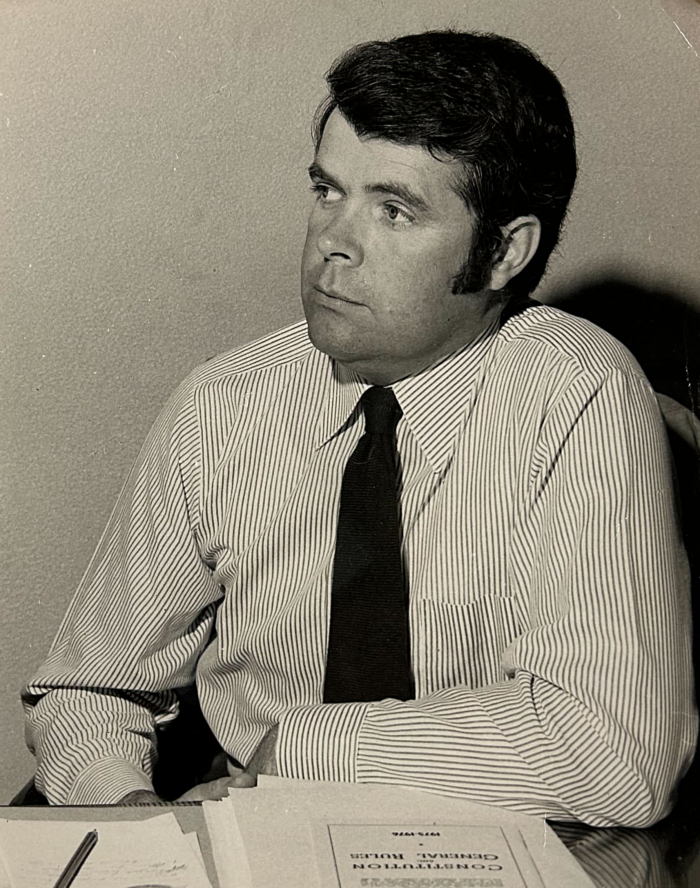Queensland’s Health Minister Shannon Fentiman has welcomed the findings of a coronial inquest into the tragic deaths of three First Nations women who died of rheumatic heart disease (RHD).
The Minister sends her condolences to the families of those who passed away, as well as the entire Doomadgee community.
The Government will accept all recommendations and will work with the Doomadgee community, including Elders and local health providers, to respond appropriately.
While the review focussed on system issues in Doomadgee, the recommendations apply across all First Nations communities and the learnings will be shared across all Hospital and Health Services in Queensland.
This will build on work already underway through the $4.5 million Ending Rheumatic Heart Disease: Queensland First Nations Strategy 2021-2024, as well as the $2.88 million being invested to address RHD in North Queensland.
Quotes attributable to the Health Minister, Shannon Fentiman:
“On behalf of the entire Palaszczuk Government, I offer my sincerest condolences to the families and communities who have lost loved ones to rheumatic health disease.”
“I thank those families for their ongoing advocacy for change and to call for improved health outcomes for First Nations people in Doomadgee and across Queensland.”
“I welcome the Coroner’s findings which will assist us to improve the prevention, early intervention and management of RHD.”
Quotes Attributable to Chief First Nations Health Officer, Haylene Grogan:
“The passings of Betty, Ms Sandy and Kaya are a tragic reminder of the ongoing inequities that First Nations people face.”
“It is with deep sadness that I acknowledge the sorry business experienced by their loved ones and the extended period of sadness in Doomadgee for their recent losses.”
“Queensland Health commits to strengthening our relationship with First Nations communities and leaders through mutual respect, recognition, and cooperation so that communities have the power to be leaders in how care is delivered to their mob.”







